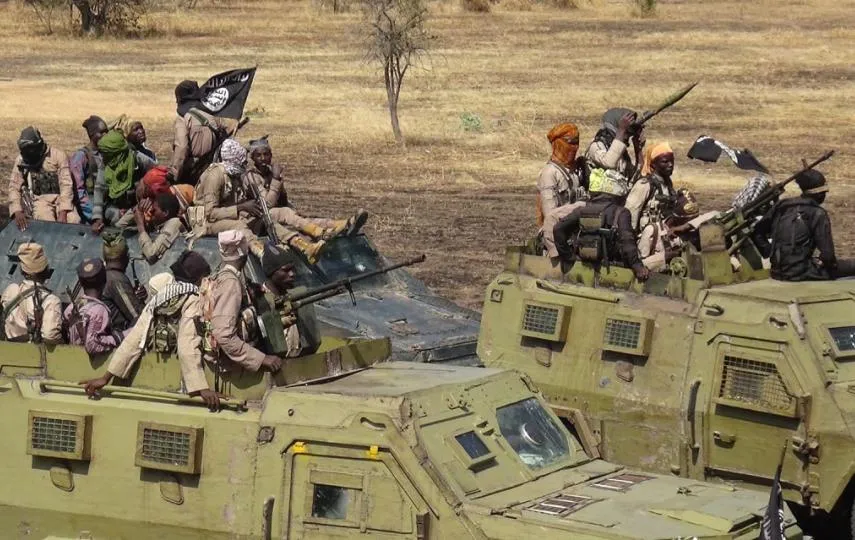In Maiduguri, the capital of Borno State, the streets may appear calm, but the State Specialist Hospital tells a different story.
Surgeons and medical staff report a steady influx of casualties from the ongoing jihadist conflict in northeast Nigeria.
A recent case involved a 25-year-old man with a bullet wound to his leg, the bullet having shattered inside, requiring urgent surgery by the International Committee of the Red Cross team.
Despite a perception that groups like Boko Haram and the Islamic State West Africa Province (ISWAP) are weakening, the persistent flow of wounded civilians and soldiers highlights the enduring intensity of the conflict, which has claimed over 40,000 lives and displaced 2.2 million people since 2009.
ISWAP’s Tactical Evolution
The death of Boko Haram leader Abubakar Shekau in 2021, during a clash with ISWAP, briefly raised hopes for a turning point.
Hundreds of fighters surrendered, and local authorities began closing displacement camps, encouraging returns to rural areas.
However, ISWAP has since reorganized and resumed attacks with renewed vigor.
Analysts note that ISWAP has consolidated control over rural regions, particularly areas once dominated by Shekau’s faction.
The group has adopted sophisticated tactics, including improvised explosive devices (IEDs), mortar attacks, and ambushes, to counter the Nigerian military’s improved defenses.
Civilian Toll and Humanitarian Crisis
Civilians bear the brunt of this resurgence. In December, a rocket attack in Maiduguri injured 30-year-old water seller Abdulahi Isa, leaving his arms in casts.
In another tragic incident, 40-year-old Zahra Bulama lost two of her eight children to an ISWAP-planted mine near Konduga, with her 10-year-old daughter, Fatima, suffering severe injuries, including the loss of an eye.
Medical staff, like physiotherapist Sanda Mohammed, report treating children with life-altering injuries, underscoring the humanitarian toll of the conflict.
ISWAP’s Growing Influence
ISWAP’s operations have expanded, fueled by its alignment with the Islamic State, which has lost ground in Syria and Iraq but sees Nigeria as a critical battleground.
The group now controls significant rural territories, extorting taxes from civilians—potentially affecting hundreds of thousands.
Borno Governor Babagana Zulum has warned that ISWAP’s sophisticated tactics and funding pose a growing threat to national security.
The group’s use of propaganda, including a 2022 video featuring child soldiers, signals its intent to sustain the insurgency with a new generation of fighters.
Military Challenges and Regional Instability
The Nigerian military has reported killing 180 fighters and arresting 130 others since January, but analysts argue these efforts fall short.
The military’s strategy of fortifying urban “supercamps” has left rural areas vulnerable, allowing ISWAP to dominate.
Additionally, a surviving Boko Haram faction, led by Bakura, remains active around Lake Chad, while some fighters have reportedly moved to Nigeria’s northwest, further complicating the security landscape.
Call for Strategic Overhaul
Experts like Vincent Foucher and Tomasz Rolbiecki emphasize the need for a revised approach to counter ISWAP’s adaptability.
The group’s shift to smaller, more widespread attacks and its use of advanced tactics demand a comprehensive strategy that addresses not only military challenges but also the root causes of insurgency, such as poverty and weak governance.
Without such measures, the jihadist threat risks spreading beyond Borno, endangering the entire region.






